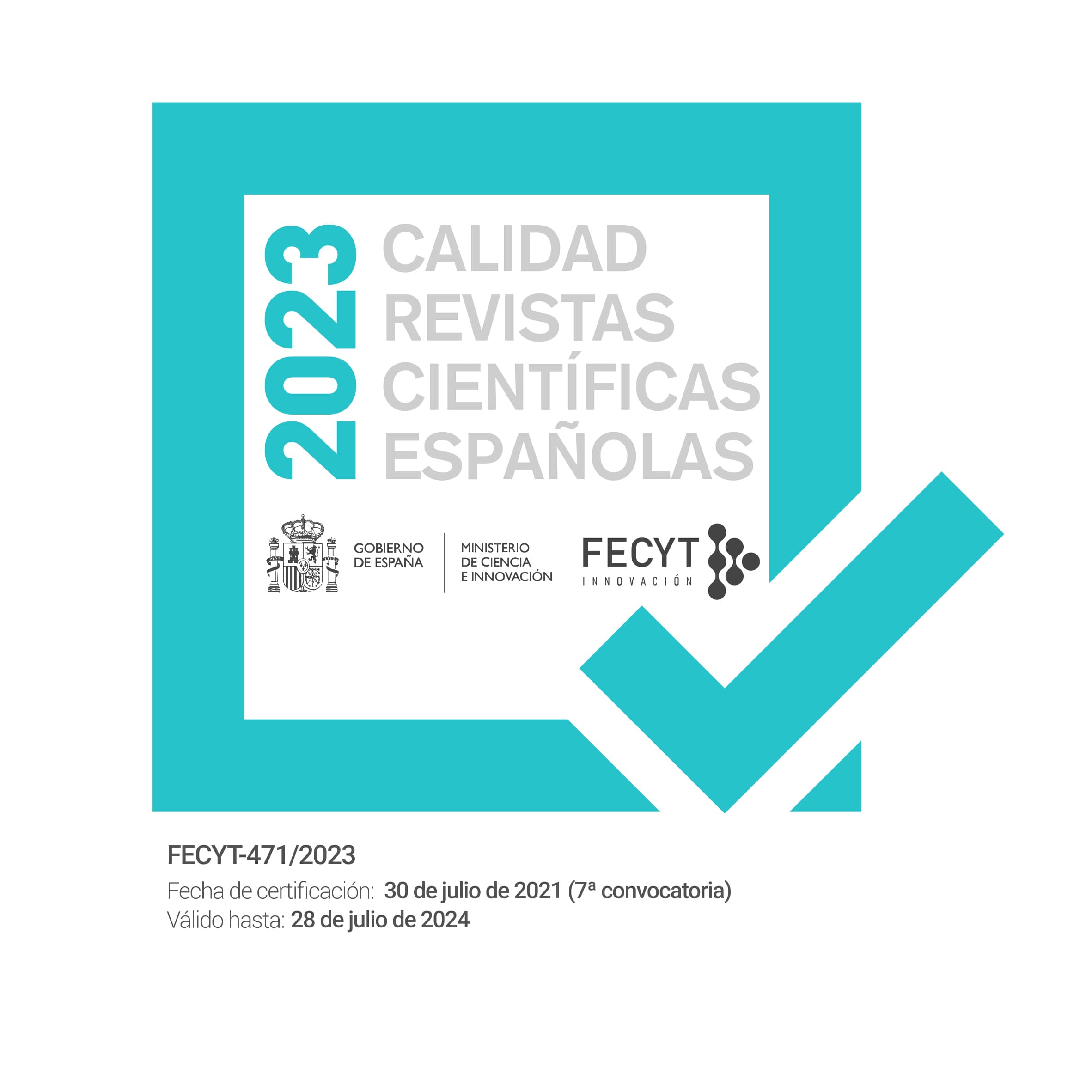Estrés psicológico y problemática musculoesquelética. Revisión sistemática
Resumen
Objetivo. Analizar los diseños epidemiológicos más utilizados en el estudio de la relación entre estrés psicológico y problemática musculoesquelética.Metodología. Búsqueda bibliográfica con criterios de inclusión y exclusión específicos, en PubMed/Medline, EBSCOhost y revistas electrónicas de diversas disciplinas siguiendo las recomendaciones del estándar PRISMA. Se extrajeron 2782 artículos de los cuales fueron seleccionados 41 para la revisión.
Resultados. Más del 80% de los estudios confirmaron la relación entre estrés psicológico y problemática musculoesquelética, determinando que los niveles de estrés mantenidos aumentan el riesgo de aparición de sintomatología, sobre todo en lumbares y cervicales. Del total de estudios, más del 50% fueron de diseño transversal y 77% sobre temática laboral. La población más vulnerable fue la femenina, especialmente funcionarios y trabajadores de oficina. Las “Demandas laborales” constituyeron el estresor psicosocial más descrito. Respecto a los instrumentos de medición más usados, destacan el “Stress Energy Questionnaire”, el “Job Content Questionnaire” y el “Standardized Nordic Musculoskeletal Questionnaire”.
Conclusión: Los estudios sobre estrés psicológico y problemática musculoesquelética tienen diseños y resultados heterogéneos. Los hallazgos resaltaron múltiples estresores psicosociales y áreas corporales afectadas, siendo escasos los consensos en diagnósticos e instrumentos de medida. Aunque aparece una asociación entre estrés psicológico y problemas musculoesqueléticos, no se vislumbran relaciones causales claras. Dado el elevado coste de estos problemas, se considera necesario realizar más estudios con diseños y metodologías rigurosas.
Descargas
Las obras que se publican en esta revista están sujetas a los siguientes términos:
1. El Servicio de Publicaciones de la Universidad de Murcia (la editorial) conserva los derechos patrimoniales (copyright) de las obras publicadas, y favorece y permite la reutilización de las mismas bajo la licencia de uso indicada en el punto 2.
© Servicio de Publicaciones, Universidad de Murcia, 2018
2. Las obras se publican en la edición electrónica de la revista bajo una licencia Creative Commons Reconocimiento-NoComercial-SinObraDerivada 4.0 España (texto legal). Se pueden copiar, usar, difundir, transmitir y exponer públicamente, siempre que: i) se cite la autoría y la fuente original de su publicación (revista, editorial y URL de la obra); ii) no se usen para fines comerciales; iii) se mencione la existencia y especificaciones de esta licencia de uso.
3. Condiciones de auto-archivo. Se permite y se anima a los autores a difundir electrónicamente las versiones pre-print (versión antes de ser evaluada y enviada a la revista) y/o post-print (versión evaluada y aceptada para su publicación) de sus obras antes de su publicación, ya que favorece su circulación y difusión más temprana y con ello un posible aumento en su citación y alcance entre la comunidad académica. Color RoMEO: verde.












